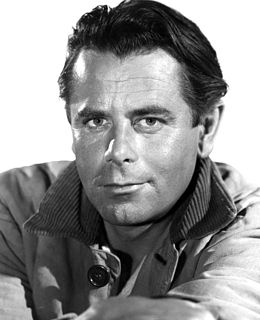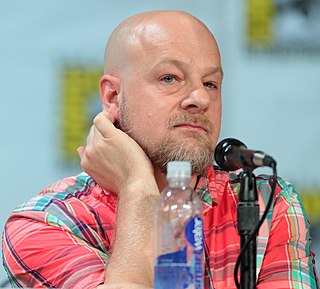A Quote by Greg Sestero
Making a film is a very difficult thing to do, but the experience of 'Best F(r)iends' is a great memory.
Quote Topics
Related Quotes
I don't do commentaries on films because A) I'm not very good at it and B) it's an odd thing that I discovered, on my first film, that you go through this really intense experience of making a film and then you sit in a little room with a monitor and you reduce the thing to a bunch of silly anecdotes. It's really unfulfilling and I've never really enjoyed listening to them anyway, so I just don't do them.
I'd never read 'Prince Caspian'. I watched it and loved that film. Everybody was talking about its lack of success; its relative success in comparison to the other film. It's a great film. It deserved to do a lot better than it did. It's very difficult to make a film that will match up to the first.
We no longer see the evolution of the nervous system, but that of a certain individual. The role of the memory is very important but... not as important as we believe. Most of the important things that we do don't depend on memory. To hear, to see, to touch, to feel happiness and pain; these are functions which are independent of memory; it is an a priori thing. Thus, for me, what memory does is to modify that a priori thing, and this it does in a very profound way.




































